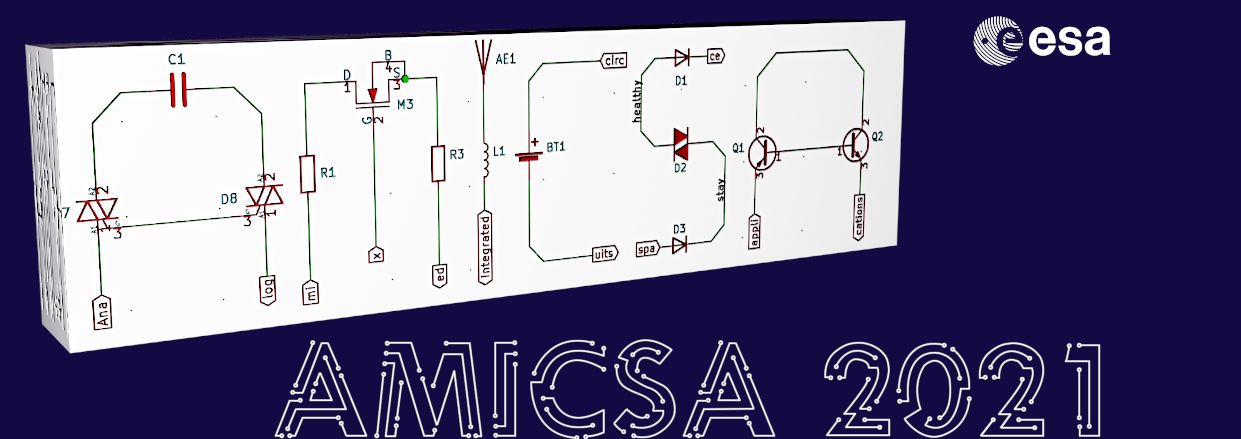Speaker
Description
The European and UK semiconductor industry have been demanding a low cost plastic package solution for microcircuits in low to medium volumes. High volume lines for outsourced assembly and test (OSAT), mostly based in Asia, are dominated by consumer, mobile and automotive applications.
Although assembly of initial prototypes and small quantities into cavity packages can be provided in Europe, this is only cost effective for 10’s of units. Users with low to medium applications such as space, medical, industrial and aerospace are struggling to find assembly at reasonable costs. They are never likely to reach volumes which are attractive to high-volume OSATs. Small batches requiring numerous set-ups and stop-start of production lines make factories very inefficient, in an age where efficiency is critical to their survival and cost structure.
Some users also have compelling technical reasons why even prototypes should be in an over-molded package and that it should be synonymous with production, such as RF, high voltage and thermal characteristics.
In parallel the European space community are rapidly adopting commercial off-the-shelf (COTS) components in plastic packages for use in low earth orbit (LEO) and constellation applications to reduce overall cost, size and weight of the spacecraft when quantities of satellites and missions are increasing exponentially. The use of COTS limits component selection to OEM line cards and there is little or no provision for customised components or emerging technologies (ASICs, MEMS, sensors, compound semiconductors, etc) at a low price point. Also traditional space quality requirements such as traceability, inspections and testing are not usually serviced by COTS providers. To this end the European Space Agency are funding TRL advancements for new technologies including plastic encapsulated devices and looking to produce a version of the ESCC9000 specification to control plastic assembly.
QFN and BGA dominate the semiconductor market with >50% market share, and further analysis by Alter Technology Group shows that European customers are regularly submitting COTS devices in QFN packages devices for upscreening evaluation to ECSS-Q-ST-60-13C. Both QFN and BGA are flexible platforms which can be serviced with common block mold tooling and saw singulation. Soldering techniques and PCB materials are being adapted to cope with leadless packages which were previously undesirable for space applications.
Alter Technology UK are announcing the introduction of a plastic QFN assembly line for low to medium volume applications, from prototype to flight. This presentation will conclude with an overview of the implementation and qualification of the production line, the current status and roadmap.
Alter Technology Group with sites in the United Kingdom, Spain and France are working together with the European Space Agency to evaluate a turnkey supply chain for plastic packages with complete production and validation inside ESA member states.

